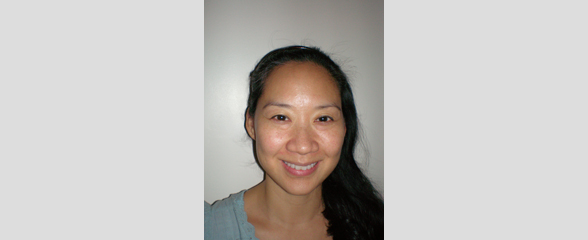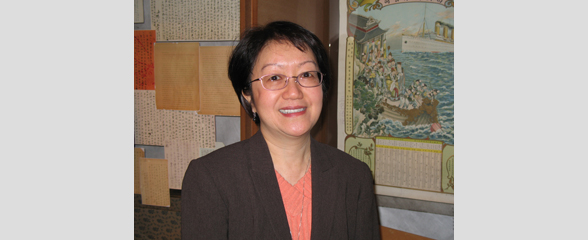Little Italies

2008.040.008 Oral History Interview with Betty Sze October 25, 2007
Betty Sze discusses her vague memory of spending her early childhood playing outside of the Grand Machinery Exchange building, which was located on Centre Street. Her father owned a produce wholesale supply company, while her mother worked in factories. In her interview, she describes gentrification in terms of rent-prices consistently rising, developers becoming more aggressive in planning building projects, and entire neighborhoods such as Little Italy, being taken over by Chinese residents and businesses. Sze characterizes present-day Chinatown as a place that is more attractive to “Westerners†and inviting to tourists. She views tourism as having a positive economic effect on Chinatown, as well as contributing to the vibrancy of the neighborhood, but she also acknowledges that tourism has driven prices up and perhaps detracted from the authenticity of the Chinatown experience. While she has seen many of the special landmarks from her youth disappear from Chinatown, she still considers the neighborhood her spiritual home and an authentic Chinese American experience.

2008.040.017 Oral History Interview with Margaret Chin March 6, 2008
Margaret Chin, Deputy Executive Director of Asian Americans for Equality (AAFE), shares her experiences immigrating to the United States with her family in 1963 and growing up on Mulberry Street, and later Mott Street, both of which were inhabited by predominantly Chinese and Italian populations. Her memories of Chinatown reveal that it was a much smaller community then, which eventually expanded and became more vocal about Asian American rights.
As a young adult, Chin became increasingly interested in and involved with volunteering for AAFE, an advocacy organization established in 1974. AAFE played a key role in organizing Chinatown tenants to fight against eviction, harassment, and gentrification in the housing developments; to secure decent housing for low-income families; and to expose the threat of development and tourism on Chinatowns “authenticityâ€. Chin believes that the organization has succeeded in staying true to its mission by actively organizing and changing policy and legislation for the benefit of the community.